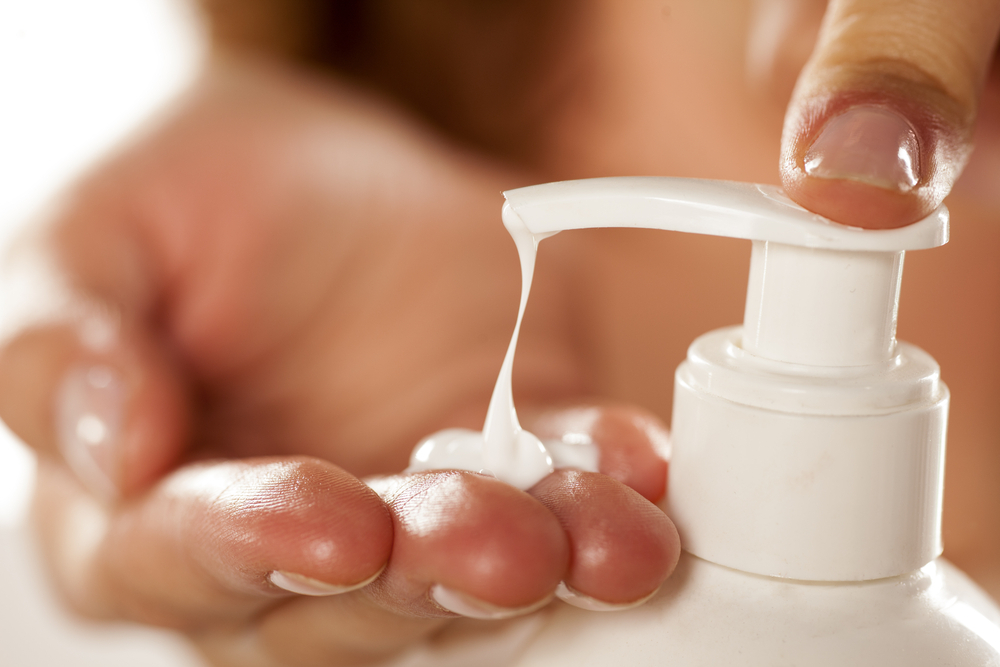Whether it's from environmental elements, like ultraviolet (UV) rays, smoke, and pollution, or lifestyle factors, like skin care products, clothing, and masks, your skin faces several common skin irritants every day. So, if you notice your skin getting red or itchy, don't panic. Knowing how to relieve irritated skin starts with noting your symptoms and pinning down the cause.
Irritated skin isn't a diagnosis; it just describes visible skin damage, which can present itself in many ways. Whenever your skin gets red, itchy, or flaky, it's a sign of a compromised skin barrier. Irritated skin can be a nuisance, causing discomfort or unsightly rashes and bumps, but the good news is it's common and easily treatable.
Once you identify the problem, you can treat it appropriately and take steps to prevent it from happening again.
Identify the Root of the Problem
Figuring out the cause of your skin reaction can be tricky. It's not always obvious, and skin can become irritated for many reasons. Depending on your symptoms, you may have one of the following common skin conditions:
Contact Dermatitis
Contact dermatitis is caused by direct contact with or an allergic reaction to a substance. The rash isn't contagious or life-threatening, but in more severe cases, it can result in blisters, burning, and tenderness. Skin care products, makeup, fragrances, plants, and jewelry can all cause contact dermatitis.
Atopic Dermatitis
If your skin is raw, red, and extra dry, this can be a sign of atopic dermatitis, or eczema. Hot showers, cold weather, or rubbing and washing your skin too roughly can cause it.
Seborrheic Dermatitis
Seborrheic dermatitis, a form of eczema, can lead to scaly, red skin and dandruff. It usually appears where your skin produces oil, like your back, scalp, and nose. Dry weather, harsh detergents, some medications, stress, and hormonal changes can cause this condition.
How to Relieve Irritated Skin
Now that you've figured out what's causing your skin irritation, you can treat it accordingly.
Relieving Contact Dermatitis
If you've noticed your skin change when touching a certain substance or using a specific product, stop using it immediately. The rash should go away within two to four weeks, and cool compresses and anti-itch creams can relieve some of the discomfort. If your face is sensitive, you can also try overnight sleep masks like EltaMD Skin Recovery System Night Mask. Its AAComplex blend of amino acids and innovative Chronobiology Technology encourages the skin's nighttime repair and renewal process. Paired with the Skin Recovery System, you can strengthen your skin barrier, visibly reduce redness, revitalize dull skin, and soothe symptoms of contact dermatitis.
Treating Atopic Dermatitis
To treat dry skin, first, avoid scratching. Scratching can feel good in the moment, but it can lead to worse symptoms and even infections. You'll also want to use products with nourishing ingredients that moisturize skin and reduce inflammation, like ceramides and Glycerin. EltaMD PM Restore Moisturizer and EltaMD Skin Restore Body Cream are both powerful, revitalizing products to try.
Addressing Seborrheic Dermatitis
Focus on reducing inflammation by exfoliating and moisturizing. The National Eczema Association recommends looking for a cleanser with Zinc to control symptoms. If you're experiencing seborrheic dermatitis on your scalp, use dandruff shampoos or a prescription antifungal shampoo. Talk to your Dermatologist about a topical corticosteroid if the condition is severe.
If you try all these methods and still don't find relief, make an appointment with your Derm.
Prevent Irritation and Protect Skin
Once you pinpoint what bothers your skin, preventing irritation can be easy. Again, common skin irritants include:
- Skin care products
- Makeup
- Fragrances
- Plants
- Jewelry
- Hot showers
- Cold weather
- Rubbing and washing skin too roughly
- Harsh detergents
- Some medications
- Stress
- Hormonal changes
To prevent irritated skin, the American Academy of Dermatology recommends bathing in lukewarm water, finding ways to manage stress, wearing loose-fitting clothing, and using fragrance-free skin care products.
Seek Support for Healthy Skin
If you think something else is irritating your skin or it isn't getting better, see your Derm for a professional diagnosis. But for the most part, you can often treat irritated skin at home. Your skin deserves to be protected and cared for (just like the rest of you), so reach for nourishing skin care products. Your skin will thank you.
